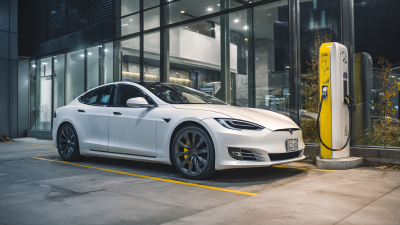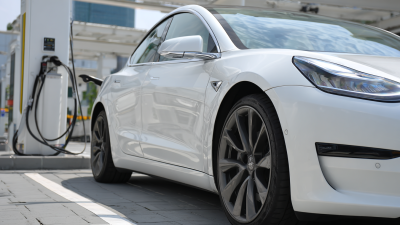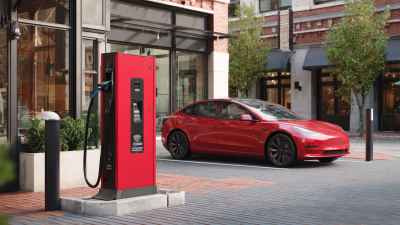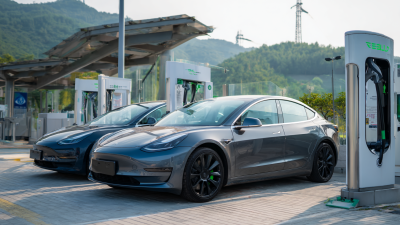As the electric vehicle (EV) market continues to expand, with sales projected to reach over 60 million units globally by 2030, having a suitable EV home charger has become increasingly vital for new EV owners. According to a recent report by the International Energy Agency, the global stock of electric cars surpassed 10 million in 2020, highlighting the growing demand for accessible charging solutions. An EV home charger not only enhances convenience but also optimizes the charging experience by ensuring that your vehicle is always ready when you are. However, with various types of chargers available, choosing the right EV home charger can be challenging. Factors such as charging speed, compatibility, and installation requirements must be considered to make an informed decision. In this guide, we will explore essential tips and considerations to help you select the most suitable EV home charger tailored to your specific electric vehicle needs.
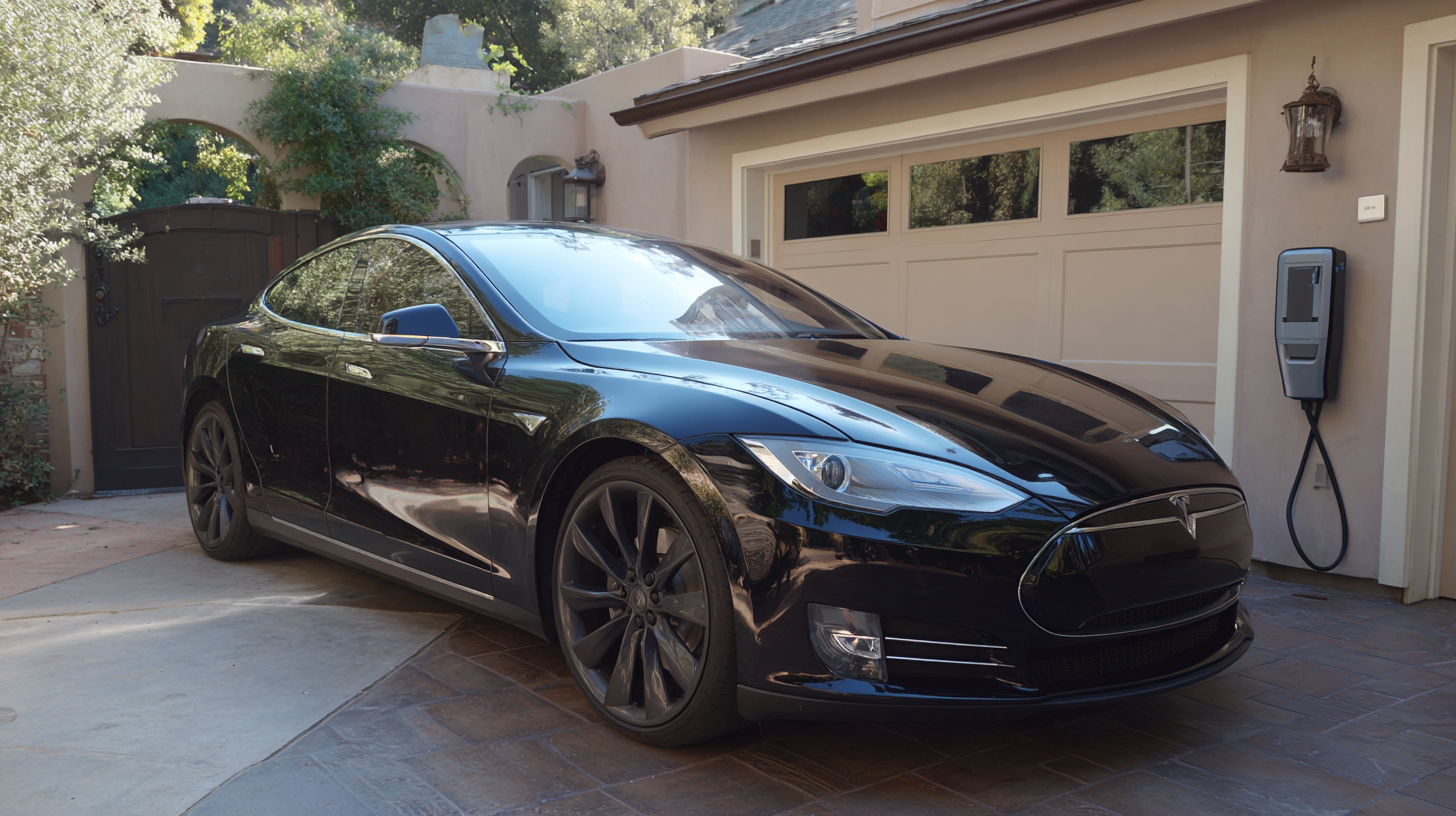
When choosing the right EV home charger, it’s essential to understand the different charger levels available. The three main categories are Level 1, Level 2, and DC Fast Charging. Level 1 chargers typically utilize a standard household outlet and provide about 4-5 miles of range per hour, making them ideal for overnight charging at home. However, for those who need quicker turnaround times, Level 2 chargers significantly outperform Level 1, offering around 25 miles of range for every hour of charging. This is a popular choice for home installations because of its balance between speed and cost, with options ranging from $300 to $700 depending on features and power output.
DC Fast Charging, on the other hand, is designed for rapid charging stations primarily located along highways, providing up to 80% battery charge in just 30 minutes. While the speed of DC charging is impressive, recent discussions in the industry highlight potential issues, such as supraharmonic emissions impacting power quality, which can pose challenges for grid integration. As the U.S. anticipates the installation of 16,700 new DC fast chargers by 2025, it’s crucial for consumers to assess their charging demands and infrastructure capabilities.
**Tips**: When selecting an EV charger, consider how often you will need to charge your vehicle and whether you have access to Level 2 or DC fast chargers. Additionally, prioritize chargers that are safety certified for peace of mind. Always consult with a licensed electrician for proper installation to ensure safety and efficiency in your home charging setup.
| Charger Level | Charging Power | Charging Time | Typical Use Case | Installation Ease |
|---|---|---|---|---|
| Level 1 | 120V, 1.4 kW | 8-20 hours | Home overnight charging | Very easy; standard outlet |
| Level 2 | 240V, 3.7-22 kW | 4-10 hours | Daily home use | Moderate; requires dedicated circuit |
| DC Fast Charging | 480V, 50-350 kW | 30 minutes to 2 hours | Road trip charging stations | Complex; needs specialized installation |
When selecting an EV home charger, the kW rating is a crucial factor that directly impacts your charging experience. Electric vehicle chargers typically range from 3.7 kW to 22 kW, with the higher ratings enabling faster charging times. Understanding how these ratings correlate with your vehicle's capacity is essential for selecting a charger that meets your needs. For instance, a 7 kW charger can fully charge most EVs overnight, while a 22 kW charger might be more suitable for higher-capacity models or larger batteries that require quicker turnaround times.
Another consideration is the compatibility of your home electrical system with the chosen charger’s kW rating. Higher kW chargers will demand more power, potentially requiring an upgrade to your home’s electrical infrastructure. Therefore, before making a decision, it's essential to evaluate not only the kW capacity of the charger but also your home’s electrical service and your daily driving habits. This ensures that you can achieve optimal charging speeds without overstressing your electrical system, thus maximizing the convenience and efficiency of your electric vehicle charging experience.
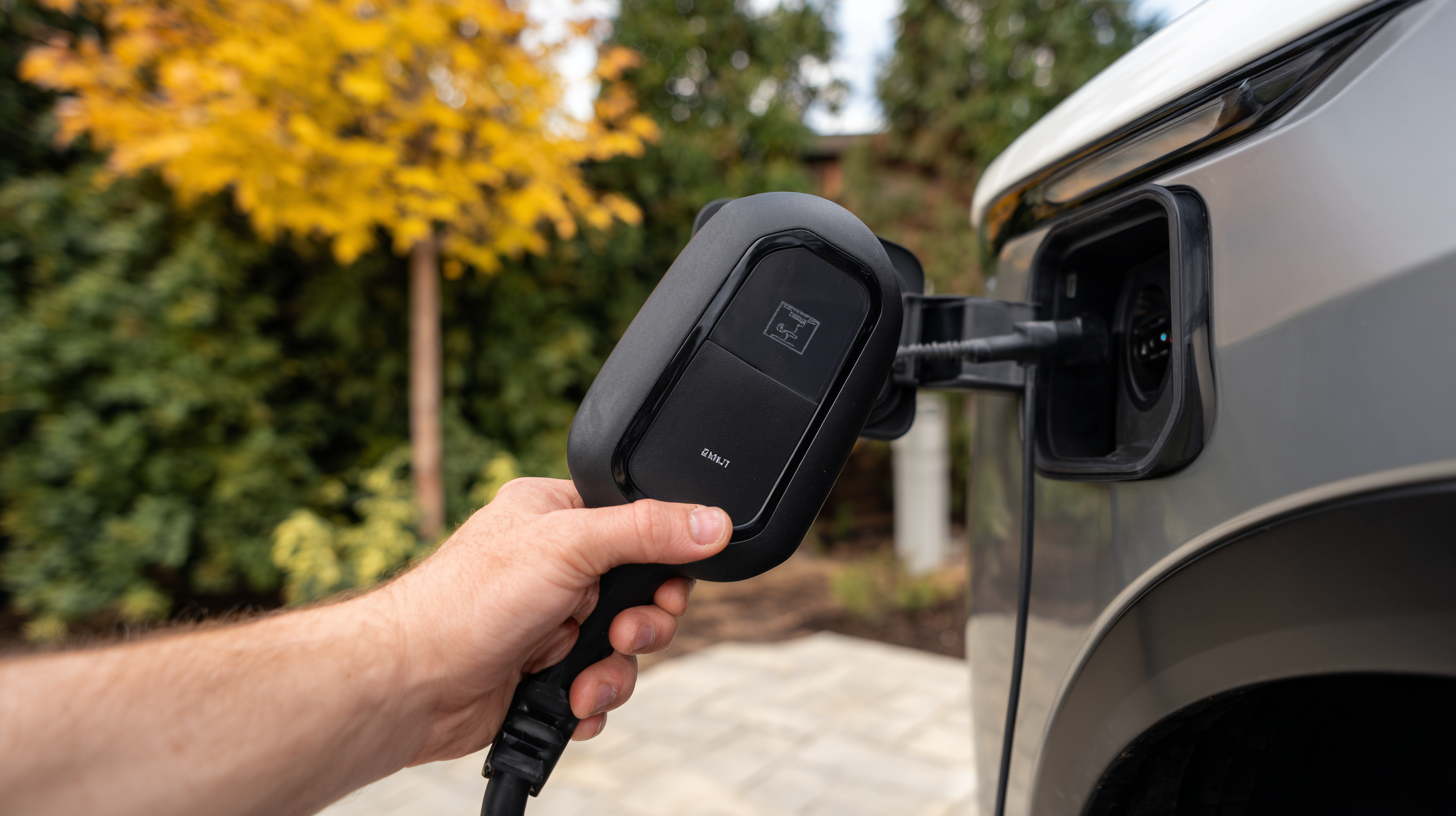
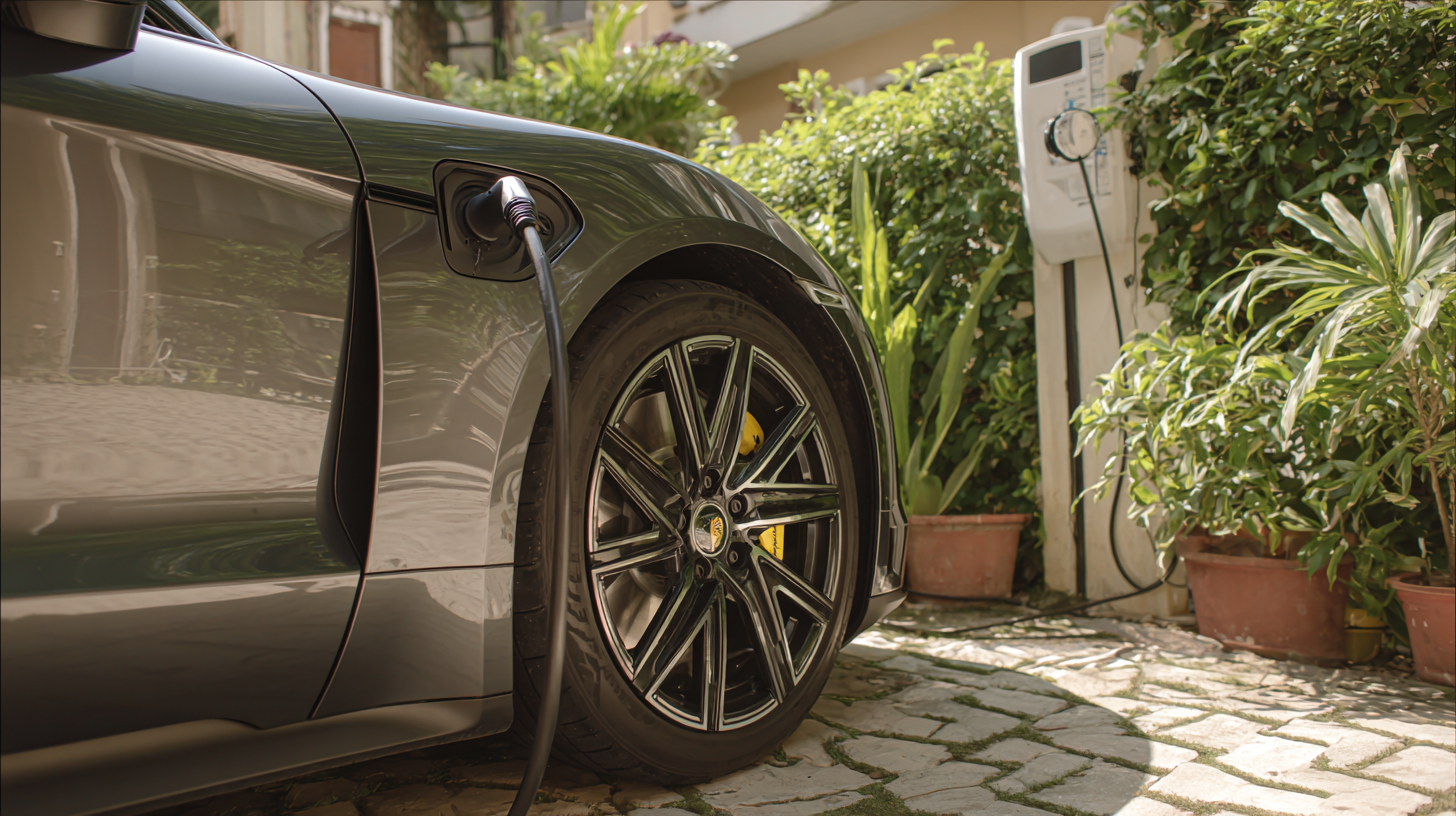 When selecting the right EV home charger, understanding your daily mileage and battery capacity is crucial. According to the U.S. Department of Energy, the average American drives about 40 miles per day. If your electric vehicle (EV) has a battery capacity of 60 kWh and an efficiency of approximately 4 miles per kWh, you can determine your charging needs based on daily usage. In this case, you would require around 10 kWh of energy per day, which is manageable for most Level 2 home chargers that typically deliver between 3.3 kW to 19.2 kW per hour.
When selecting the right EV home charger, understanding your daily mileage and battery capacity is crucial. According to the U.S. Department of Energy, the average American drives about 40 miles per day. If your electric vehicle (EV) has a battery capacity of 60 kWh and an efficiency of approximately 4 miles per kWh, you can determine your charging needs based on daily usage. In this case, you would require around 10 kWh of energy per day, which is manageable for most Level 2 home chargers that typically deliver between 3.3 kW to 19.2 kW per hour.
Tip: Consider your driving habits and the typical range of your EV. If you often take longer trips or have multiple drivers in the household, a charger with a higher output may be more suitable to ensure you have enough reserve capacity.
Additionally, it's important to assess the type of charger that matches your lifestyle. For example, if you charge overnight, a 7.2 kW Level 2 charger can replenish most EV batteries within 4-6 hours. However, if fast charging is a necessity and you require a quick turnaround, choosing a charger with a higher kW rating will help.
Tip: Invest in a smart charger that can schedule charging during off-peak hours, which can save you money on electricity costs and help balance the load on the grid.
When selecting a home EV charger, it is crucial to ensure compatibility with your electric vehicle model. As the charging landscape evolves, many manufacturers are adopting standardized charging connectors, such as the NACS plug, to enhance interoperability between different vehicle brands. This shift allows for a broader selection of compatible chargers, enabling users to access networks that were previously limited to specific manufacturers. For instance, recent reports indicate that several major automotive brands are forming partnerships to integrate these charging standards, providing users with more options than ever before.
Moreover, with the expansion of public charging networks, like the new fast-charging installations across North America, understanding your vehicle's charging requirements becomes even more essential. The technology behind home chargers varies significantly, with smart chargers offering features like 4G connectivity and usage monitoring to optimize charging efficiency. According to industry data, homes equipped with a Level 2 charger can reduce charging times significantly, making it an attractive choice for EV owners who desire both convenience and accessibility. Choosing the right charger not only ensures compatibility but also future-proofs your setup as the market continues to evolve.
When selecting an EV home charger, assessing installation requirements is essential to ensure compatibility with your electric vehicle and home infrastructure. Begin by evaluating your home setup, including the proximity of your garage or parking area to the main electrical panel. This distance can significantly influence installation logistics and electrical wiring needs. A charger located far from the main panel may require additional wiring and conduit, which can increase installation complexity and costs.
Next, consider the electrical upgrades that might be necessary to accommodate your EV charger. Many home electrical systems can handle the added load of a level 2 charger, but if your home is older or your circuit capacity is limited, you may need to upgrade your electrical panel or add dedicated circuits. Consulting with an electrician will provide insight into your current system’s capacity and any upgrades needed. Additionally, it’s important to factor in the installation costs, which can vary based on the complexity of the job and local labor rates. A thorough assessment of these elements will ensure you select the right charger and setup for optimal performance and safety.
